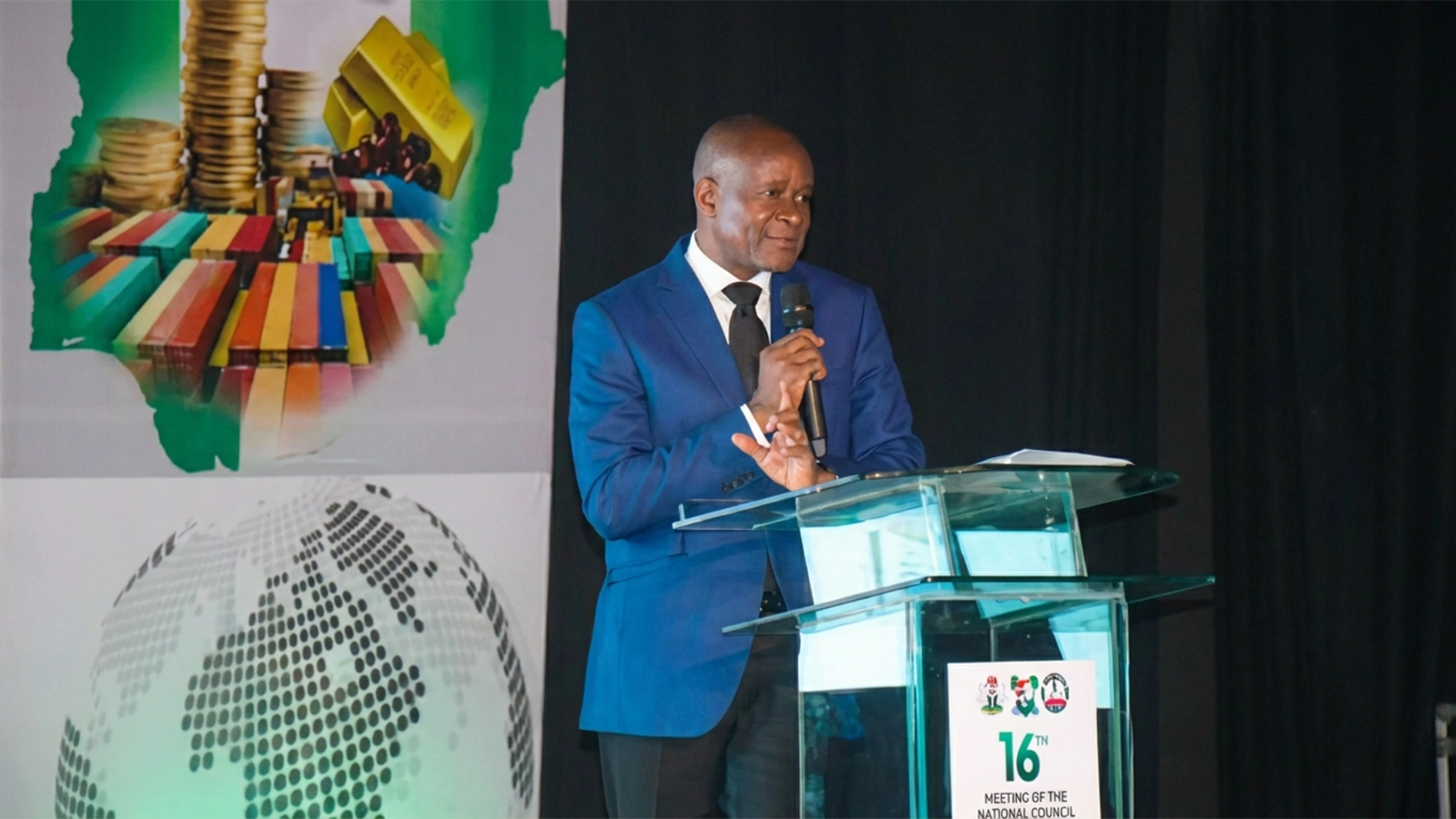
The Minister of Power, Adebayo Adelabu, has stated that power grid collapses are nearly inevitable due to the poor state of Nigeria’s power infrastructure, stressing the need for regional or state grids to reduce the impact of future breakdowns.
Adelabu made this declaration on Wednesday while unveiling Hexing Livoltek, an electricity meter manufacturing company in the Lekki area of Lagos State.
He said that decentralising the national grid is essential to ending the recurrent grid collapses plaguing the country, adding: “We keep talking about grid collapse. Grid collapse, grid collapse, whether it’s a total collapse, partial collapse, or slight trip-off.
“This is almost inevitable as it is today, given the state of our power infrastructure, the infrastructure is in deplorable conditions, so why won’t you have trip-offs? Why won’t you have collapses, either total or partial? It will continue to remain like this until we can overhaul the entire infrastructure. What we do now is to make sure that we manage it.”
The minister explained that relying on a single national grid exposes the entire country to disruptions, as any issue with the central system affects all 36 states. However, he noted that the Electricity Act of 2023, signed by President Bola Tinubu, has opened the door for decentralisation, enabling state and local governments to generate, transmit, and distribute electricity independently.
“This Electricity Act has decentralised power. It has enabled all the subnational governments, the state government and the local government, to be able to participate in the generation, transmission, and distribution of electricity. We all rely on a single national grid today; if there is a disturbance of the national grid, it affects all 36 states. It shouldn’t be like that. This will enable us to start moving gradually towards having regional groups and possibly having state grids.
“And each of these grids will be removed and shielded from each other. So, if there’s a problem with a particular grid, only the state where it belongs will be affected, not the entire nation. So, this is one of the impacts this Electricity Act will have,” the minister added.
Adelabu reiterated that addressing the root causes of grid collapses requires substantial investments.
He lamented that many transformers currently in use are over 50 years old and incapable of optimal performance, saying, “You cannot expect a 60-year-old transformer to perform at its best.”
The minister also noted that, despite recent challenges, there had been no grid collapses in the past four months until Monday’s partial collapse, which was resolved within two hours.
“In the last four months, we have not heard of any grid collapse, except two days ago when we had a partial collapse that didn’t even last two hours. So, what we work on now is how to improve our response time, to bring it up each time it collapses. There are transformers of 60 years old, and 50 years old, and you’re expecting them to perform at the optimal rate. It is not possible. That is why we need a lot of investments in this infrastructure to bring them up to speed, to bring them up to the state that can give us a grid that will not collapse again,” he said.
During the unveiling of Hexing Livoltek, Adelabu commended the company for its significant investment in Nigeria, especially at a time when many firms are scaling back their operations in the country.
He described the launch of the meter factory as a key milestone in improving local content, fostering job creation, and reducing Nigeria’s reliance on imports.
Hexing Group’s CEO, Robert Liang, expressed optimism about the company’s operations in Nigeria, stating that this expansion marked a major step towards promoting clean energy in the country.
“This is a proud moment for the Hexing Group as we open our branch in Nigeria. It’s more than just an office; it’s a step towards a future where clean energy drives the growth of this great nation,” Liang said.
He stressed Hexing’s three decades of leadership in smart energy systems, solar technology, and digital infrastructure, underscoring the company’s commitment to advancing Nigeria’s energy landscape.






